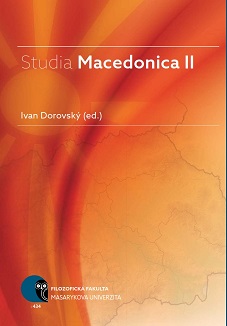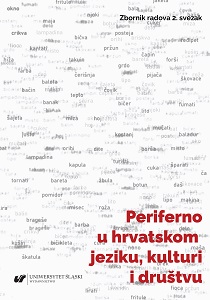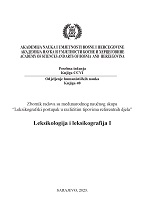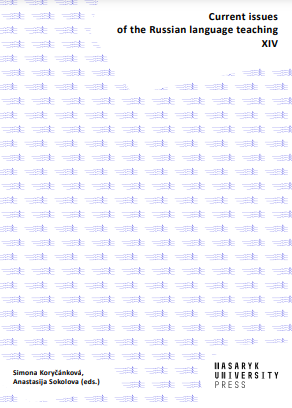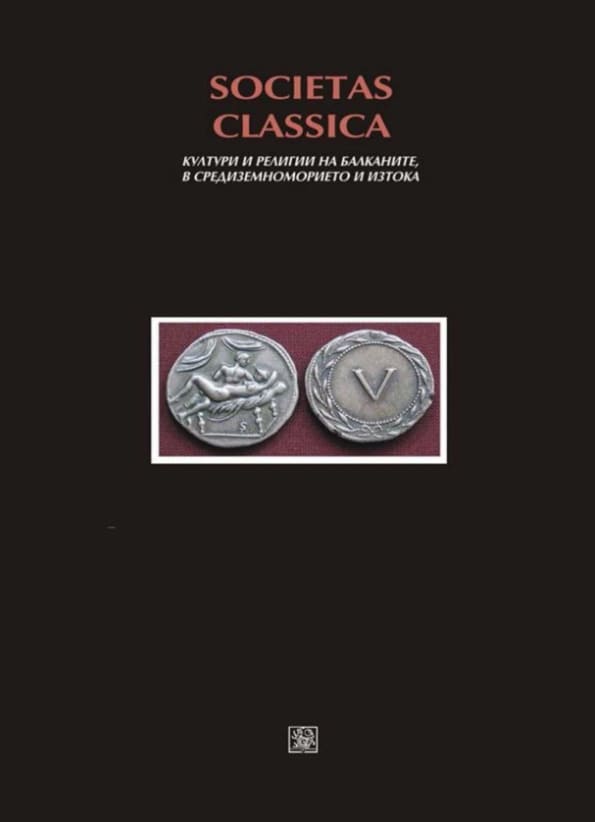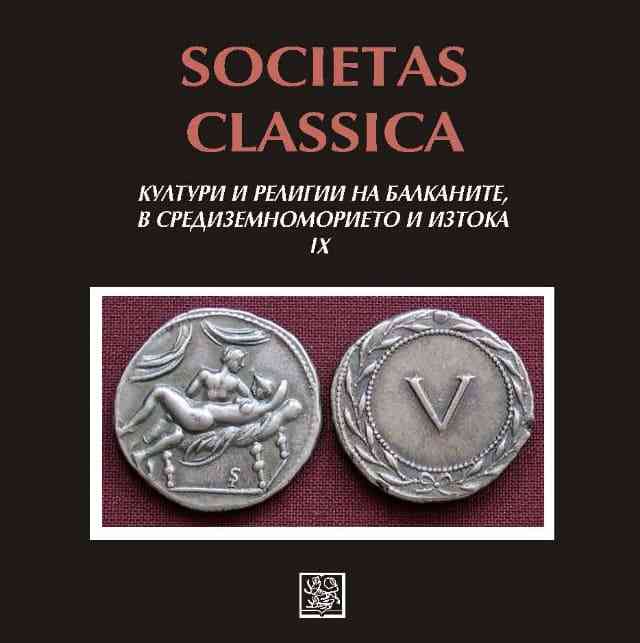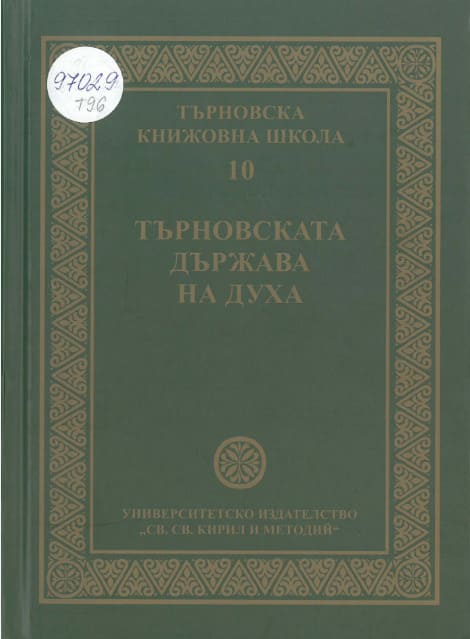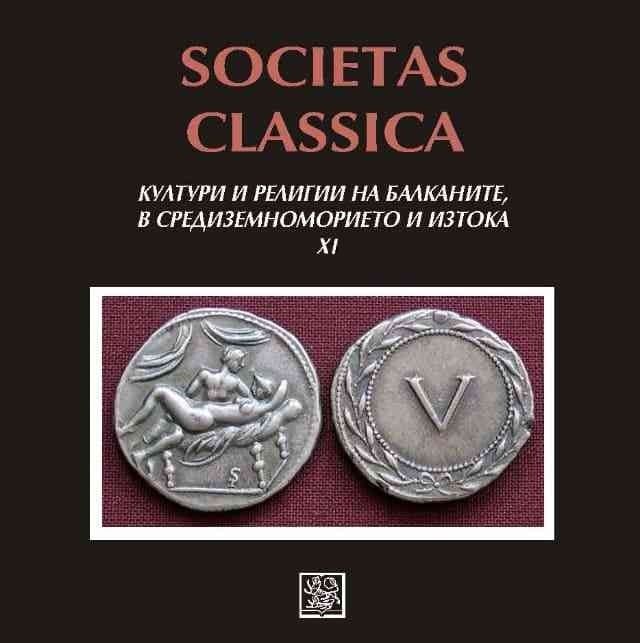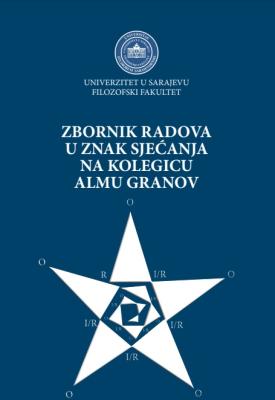Author(s): Tatjana Pišković / Language(s): Croatian
Publication Year: 0
Since the first decade of the 21st century, when social networks have become a part of everyday life, socially-oriented activities of Internet users have been on the continual rise. By creating a profile on social networks, Internet users cease to be passive Internet content and information consumers, but rather turn into creators, who shape a dynamic space of new media by virtue of their activities and personal contribution. One of the most significant areas in which social network users introduce numerous changes and innovative contents is most certainly communication and language practices. Each and every social network most often ground their recognizability on a fixed set of communication genres available to their members and in that way determine how the members are going to communicate with each other. This has made all the polyfunctional languages, Croatian among them, respond with a rather swift expansion of the existing vocabulary. In my paper, I will be presenting most productive word formation methods in which Croatian language makes up for social networks lexical gaps and shapes the communication style on social networks and instant messaging services. The first is a semantic loan from the English or neosemanticism word formation (e.g. profil, prijatelj, status, zid, dodati, blokirati, notifikacija); the second is a lexical loan word (e.g. lajkati, postati, šerati, atendati, hejtati, trolati, folover, selfi), and the third is creation of abbreviations (pozz, nezz, bmk, jbt, dns, fkt). Emergence of this new and abundant lexical layer in Croatian language requires from us to register a number of new entry units in general dictionaries of Croatian language.
More...
